Move over spinach. Part of the fun of having a garden is revving up recipes with unusual plants with edible leaves and berries. Toss these into salads, steam, jelly, or just eat out of hand. Here are eight plants whose delectability has gone unsung for too long.
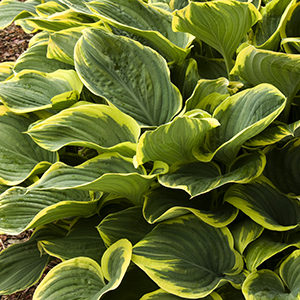
Variegated Plantain Lily
This particular variety was bred specifically for eating and tastes much like asparagus. Harvest leaves and stems young (just before the leaves unfold) for a unique springtime salad, eaten either raw or blanched. (Zone: 4 – 8)
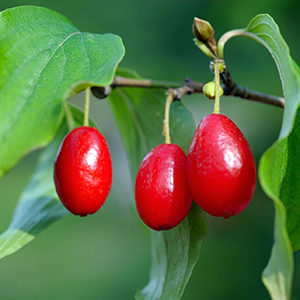
Cornelian Cherry Dogwood
We love the spring blooms, but also the mid-summer fruits. Look for smallish, dark-red berries called “drupes”. Though sour-tasting off the vine, they can be made into delicious syrups and preserves. (Zone: 4 – 8)
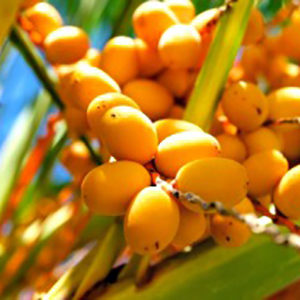
Pindo Palm
This heat-loving palm produces 3 to 4 feet long creamy-yellow-to-reddish clusters of a sweet, edible fruit that tastes like pineapple. Eat them straight off the plant after peeling the skin, or transform into a golden-colored jelly. (Zone: 8 – 11)
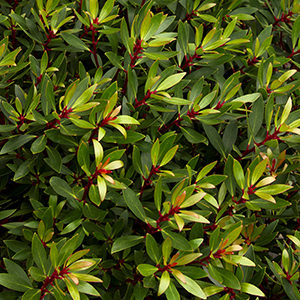
Mountain Pepper
Fast becoming known for its superior aroma, flavor, and heat. The leaves of this shrub, raw or dried, are hot and peppery with a hint of chili burn. Can be used in any recipe that calls for pepper, but has much more punch! (Zone: 7 – 10)
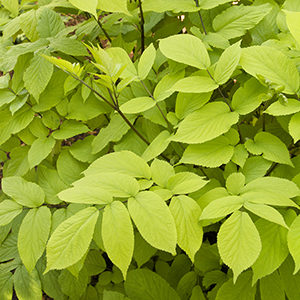
Gotemba Golden Japanese Spikenard
Pick young, new shoots and blanch in salted water. They'll be tender, but crisp with a lemony, touch of fennel flavor. Or, toss very young leaves into salads. Note that this tropical-looking plant is cold-hardy and shade-loving! (Zone: 4 – 10)
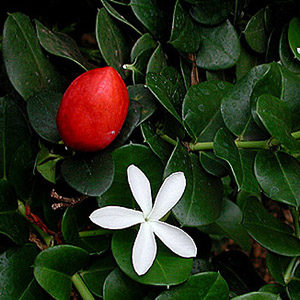
Tomlinson Natal Plum
Often seen along highways and in parking lots is the fragrant white flowers of the durable shrub. This produces fruits that taste like a sweet cranberry with the texture of a ripe strawberry. Eat fresh or use in pies or for making jelly. (Zone: 10 – 11)
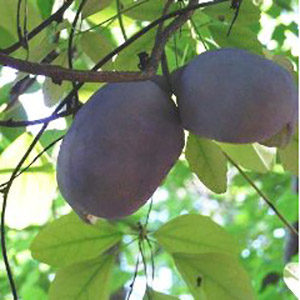
Fiveleaf Akebia
Anything known as “chocolate vine” is an attention getter. However, the pulp inside the long, purple fruits of this rambunctious, fragrant vine actually taste like coconut milk. Eat pulp raw with lemon juice, or puree and add to a smoothie. (Zone: 5 – 9)
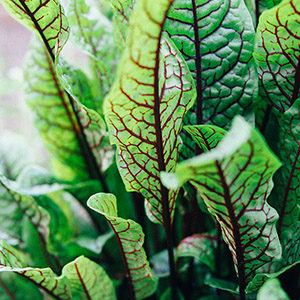
Bloody Dock
Mostly thought of as an ornamental plant, the red-veined leaves have a tangy, somewhat bitter taste. These are actually very good in sauces, stews and soups. Add young and tender leaves to salads. Hardy and easy to grow, too. (Zone: 6 – 10)
IMPORTANT INFORMATION:
- We recommend that you don't consume any part of any plant that you don't know 100% for certain is edible.
- We list specific cultivars that have been well-researched and if consumed as noted, proven to be edible with no ill-effects.
- Plants that have been sprayed with synthetic pesticides or herbicides should not be consumed.
- Plants that have been sprayed with organic chemicals should be washed well before consuming.
Image Credits:
Bloody Dock: Courtesy of Garden Betty

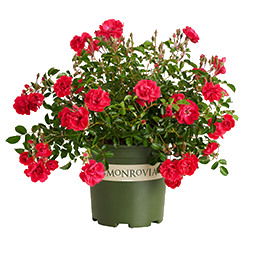



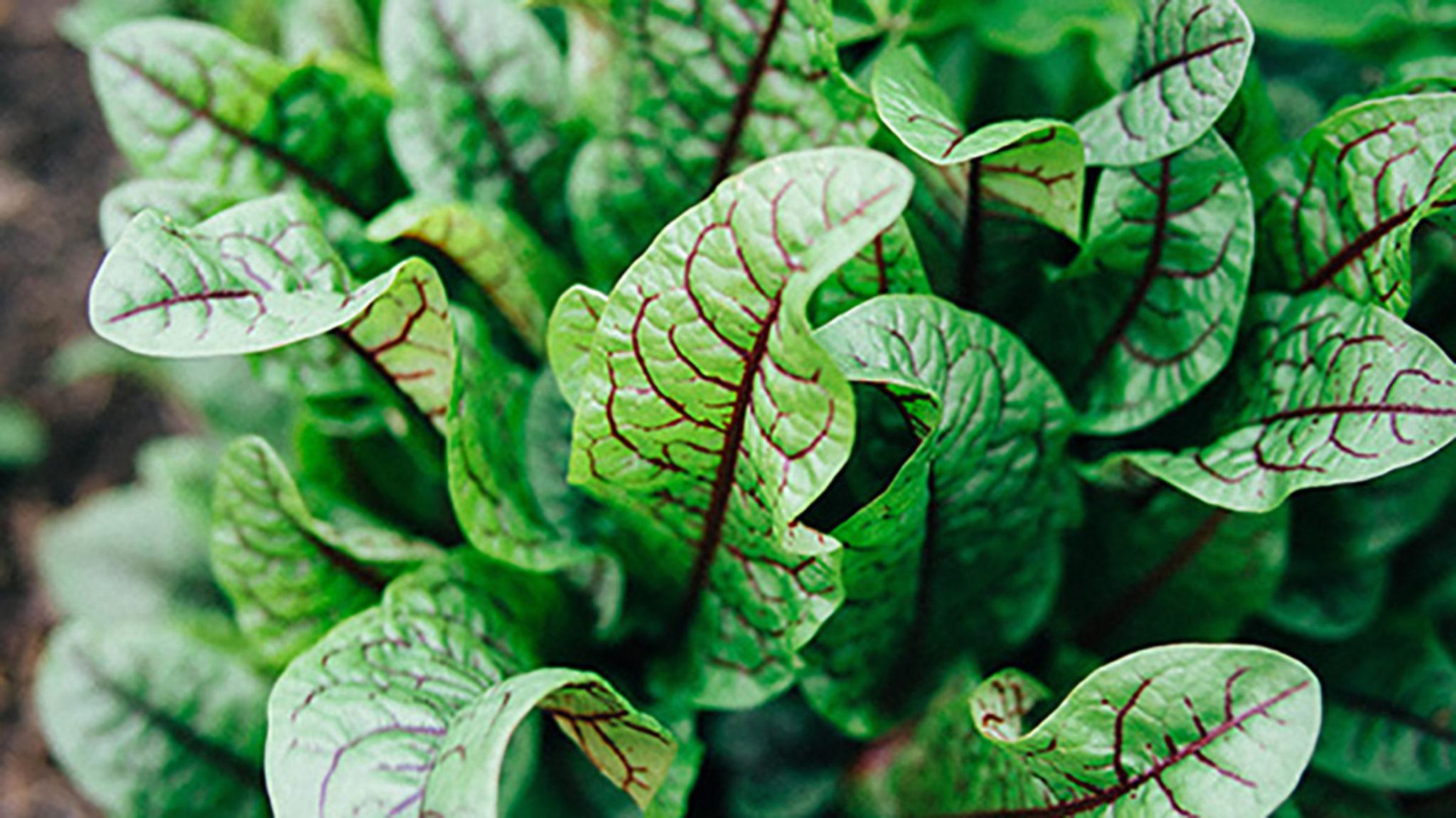
Please login to comment.
Don't have an account?
Sign Up for free